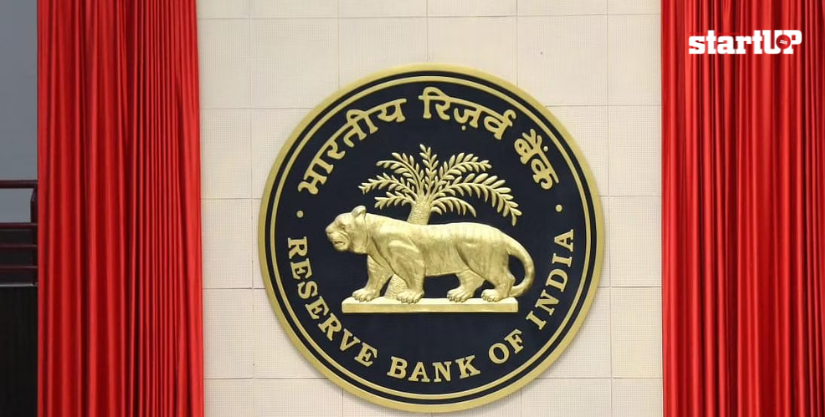LazyPay’s Updated Terms: New Policy To Follow RBI Instructions
LazyPay Terms Update: In order to comply with a recent RBI rule banning the loading of credit lines upon prepaid payment instruments, PayU’s lending arm LazyPay has recently amended its terms and conditions (PPIs).
On Thursday, a message was sent to customers of the buy-now-pay-later (BNPL) service asking them to accept the terms; else, all LazyPay products’ transactions will stop.
“To comply with the most recent legislation, we must start prohibiting your transactions on all LazyPay products as of right now. If you wish to continue using LazyPay, kindly accept the updated T&Cs now “, to notify the customers via message.
The central bank prevented the loading of credit lines into non-bank wallets and prepaid cards on June 20. Both card-based fintech companies and some digital lending companies experienced problems as a result of the transition. Since then, industry participants have contacted the RBI for advice.
The government supported the RBI’s PPI notification, which was made after commercial lenders voiced their worries about suspected rule-breaking by fintech companies.
These issues included fintech companies breaking anti-money laundering (AML) regulations and delaying know your customer (KYC) procedures.
A number of fintech companies, including Jupiter, EarlySalary, and KreditBee, temporarily prohibited consumers from making any transactions on their prepaid cards as a result of the RBI’s mandate.
Banks like RBL are ending their co-branding card agreements with fintech companies due to regulatory uncertainties. The government was encouraged to intervene in order to address the consequences of the latest RBI decision by the Payments Council of India (PCI) and various fintech companies.
According to PCI’s recommendations, fully compliant KYC PPIs should be treated equally to bank accounts, and they should be permitted to issue credit.
The government was encouraged to intervene in order to address the consequences of the latest RBI decision by the Payments Council of India (PCI) and various fintech companies.

